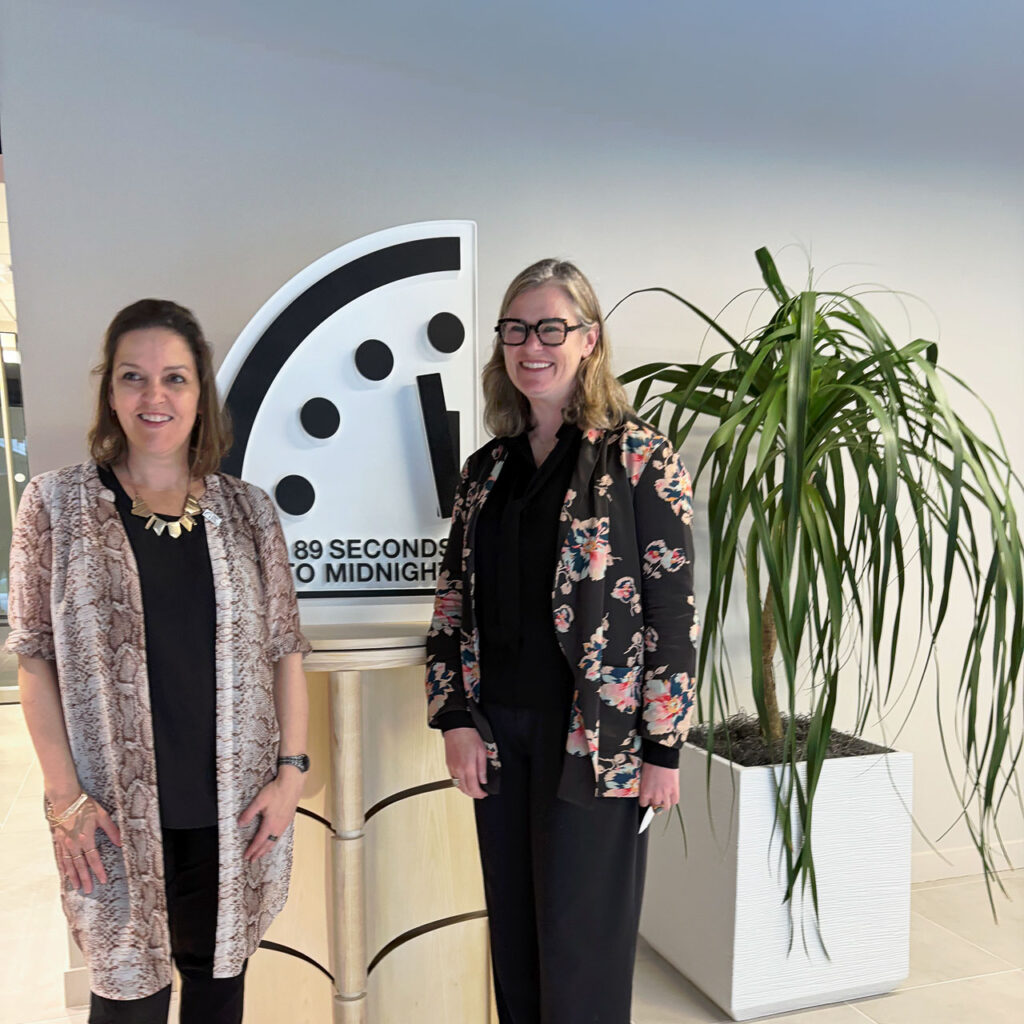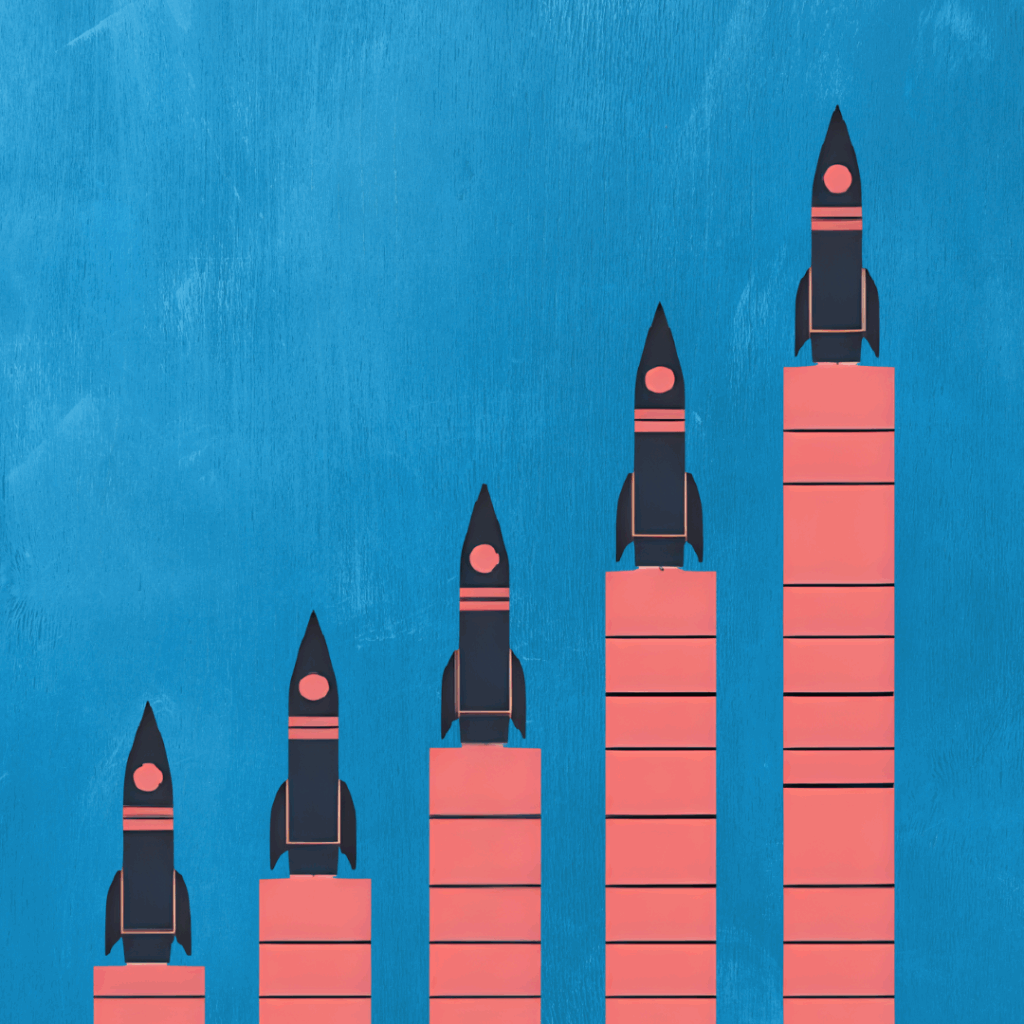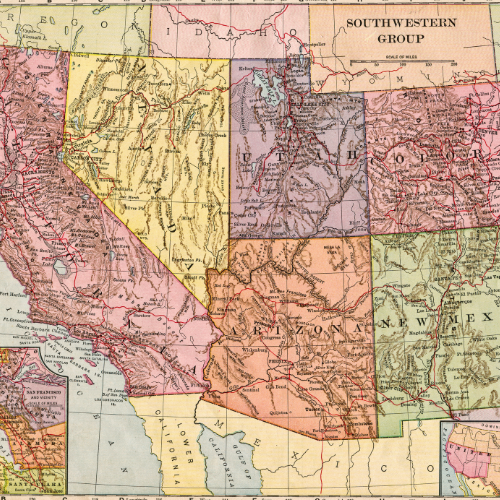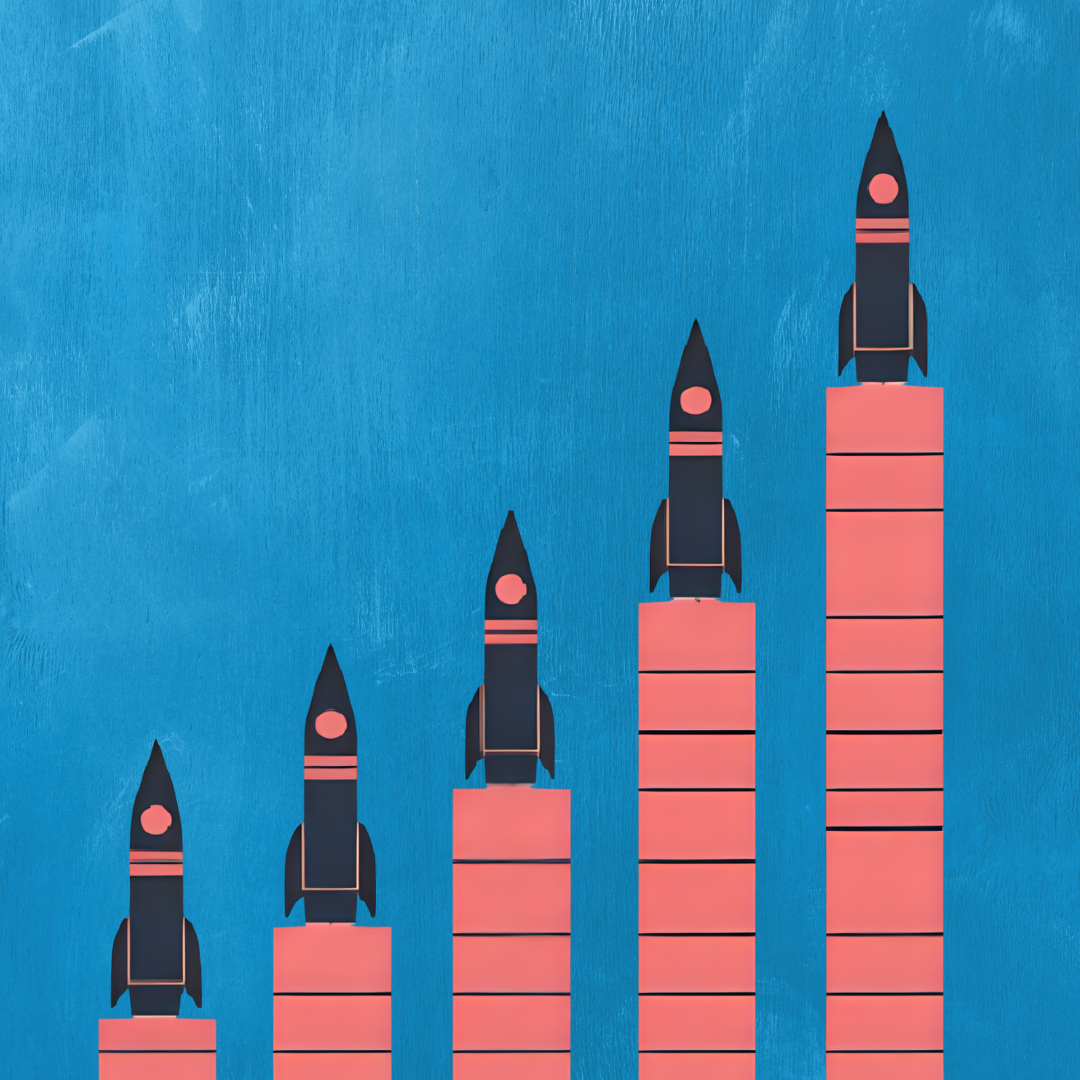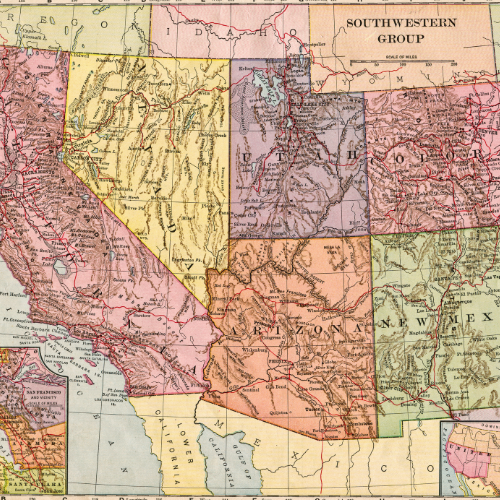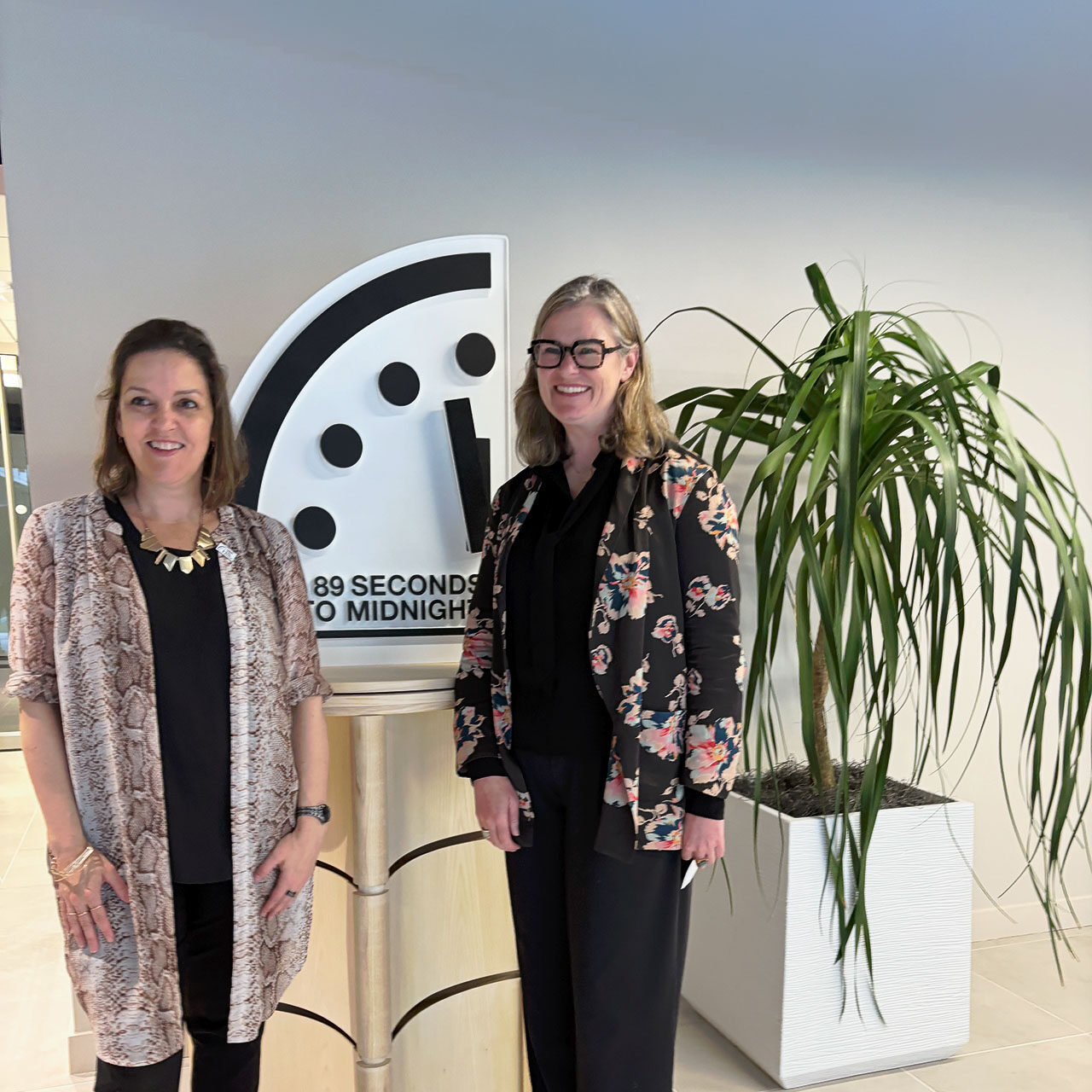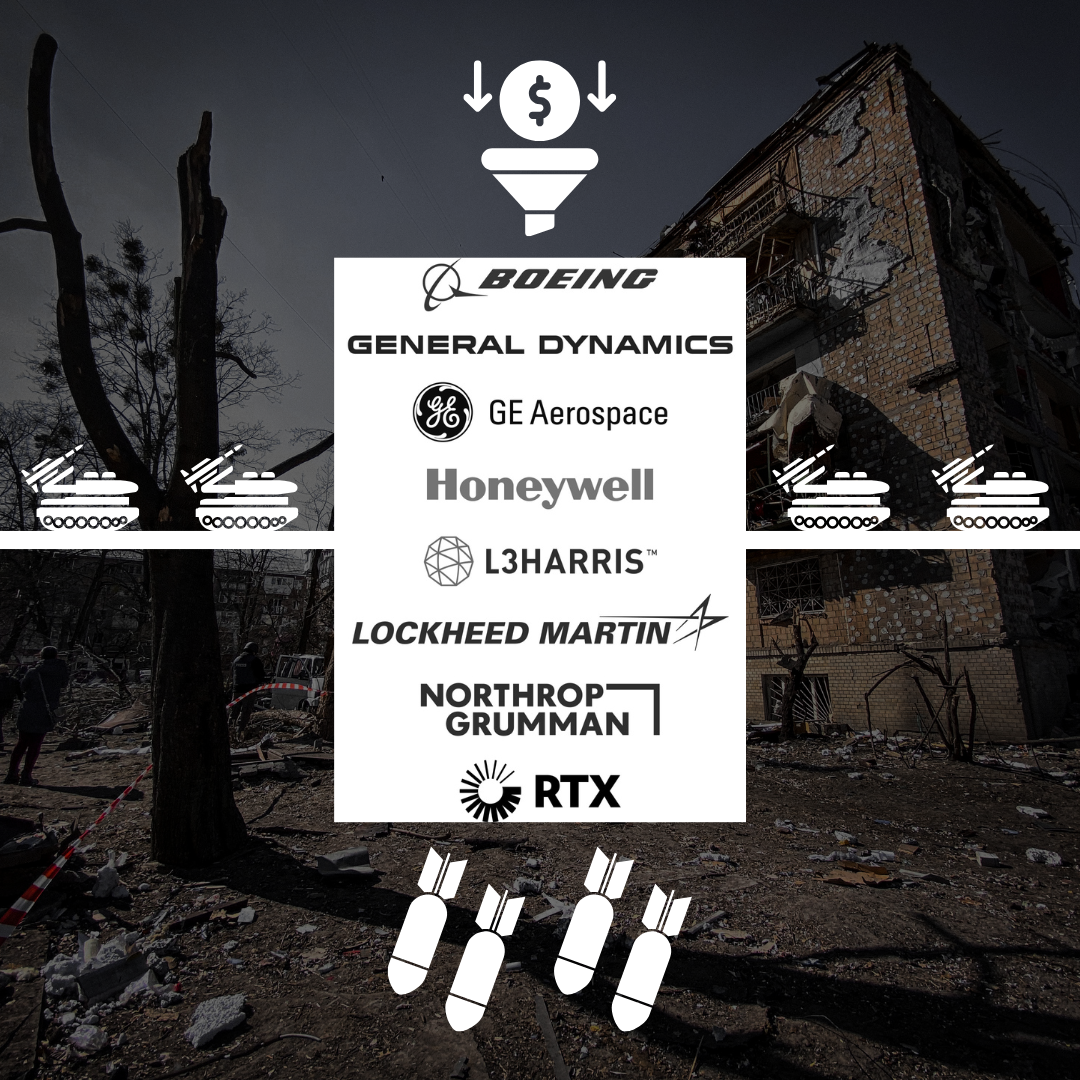
Ploughshares Urges Diplomacy Following Israel’s Strike on Iran
Israel’s massive strike on Iran has set in motion a dangerous escalatory spiral. Coming at a moment when diplomatic efforts toward a new nuclear agreement between the US and Iran were gaining traction, the strike undermined fragile momentum and threatens to derail progress. The attacks risk further escalation and immense human suffering, including for US service members in the region.
Only a diplomatic agreement will prevent Iran from developing a nuclear weapon. Experts have warned that military strikes will not eliminate Iran’s nuclear capabilities and could cause the Iranian government to decide to pursue the bomb. For President Trump this is a pivotal moment. Only he can decide: will he involve the US in another war in the Middle East? Or will he act to halt this conflict through diplomacy and dialogue?
Ploughshares President Dr. Emma Belcher states:
“Ploughshares is first and foremost a foundation dedicated to achieving a more safe and secure world for all. We believe that this world can best be achieved by diplomatic efforts. For over 40 years, Ploughshares has promoted diplomacy and conflict de-escalation, with the goal of curbing global nuclear proliferation and we remain steadfast in our support of those calling for conflict de-escalation, keeping in mind the serious nonproliferation concerns at hand. This move by Israel only risks pushing Iran closer to a bomb.“
